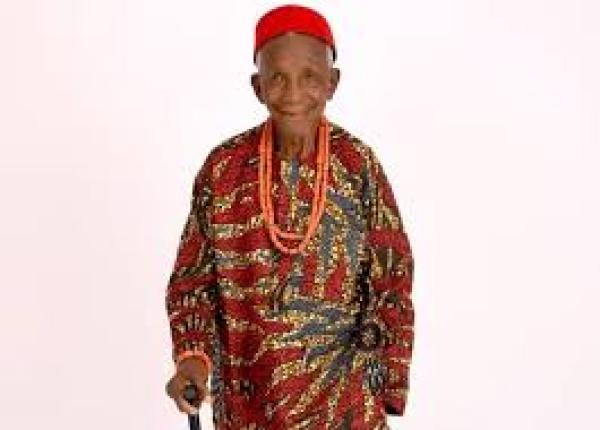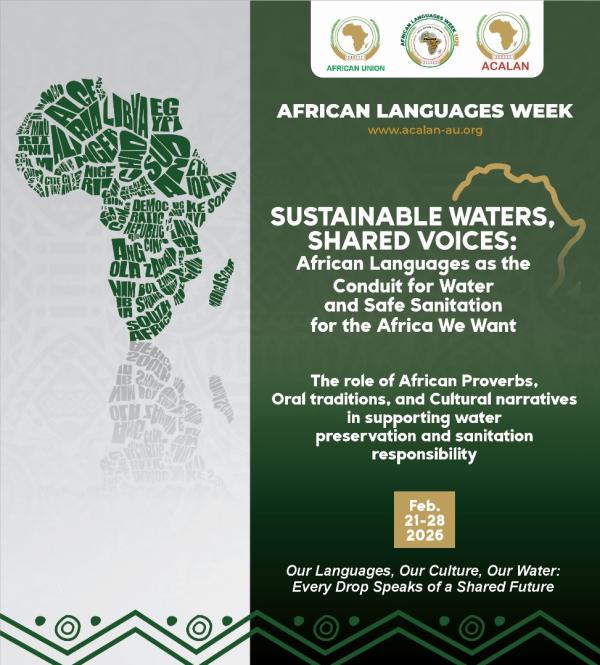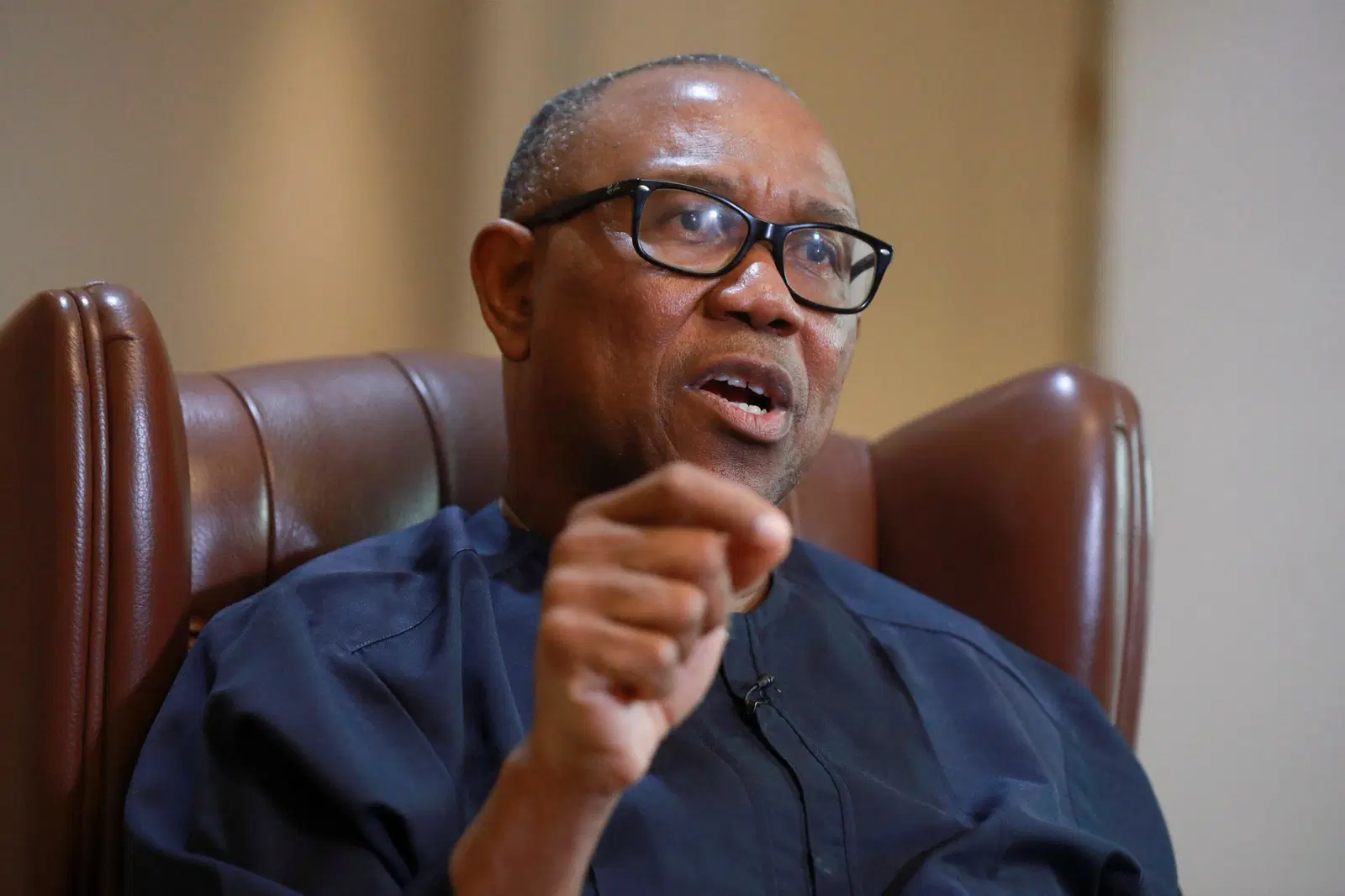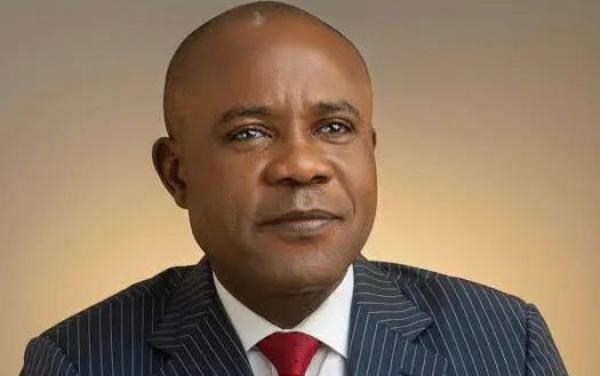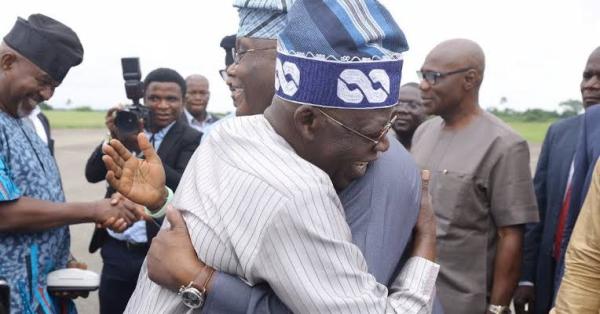
President Bola Tinubu has asked the Chicago State University (CSU) not to release his academic credentials to the candidate of the Peoples Democratic Party (PDP), Atiku Abubakar.
On August 23, Tinubu’s attorney submitted a statement as part of his legal argument in his response to the suit filed by Atiku at a United States District Court for the Northern District of Illinois in Chicago, demanding that CSU release all of his academic records over irregularities in the certificate he submitted to the Independent National Electoral Commission (INEC).
In his response, Tinubu said a clerical error was responsible for discrepancies on the certificate issued to him by the varsity.
According to filings by Oluwole Afolabi and Christopher Carmichael, Tinubu’s lawyers, an unidentified clerk of the university made the error about the date the school stated on his recently-issued certificate, thereby creating “the appearance of differences.”
This submission followed Judge Jeffrey Gilbert’s directive to Tinubu to provide an explanation by August 23 regarding the potential release of his academic records at CSU to Atiku.
Earlier this month, Atiku had sought court approval to issue a subpoena for Tinubu’s records. This move was prompted by Atiku’s belief that the documents would help clarify significant inconsistencies in Tinubu’s background.
There have been allegations bordering on discrepancies with Tinubu’s certificate. His credentials showed he graduated from CSU in 1979 with a bachelor’s degree in business administration, accounting and management.
In the suit filed before the US district court, Atiku prayed the court to subpoena Tinubu’s files domiciled with CSU. The former vice president said the files would settle the controversy surrounding Tinubu’s academic background and aid the election petition tribunal.
The university, in its response to the application, said it did not “understand” why Tinubu’s academic records “could possibly have any bearing on a 2023 election challenge in a foreign country.”
It, however, agreed to release the credentials once the court issues the order but pleaded with the court to be specific with the demands it sought.
The statement read: “In the event the court determines to allow any discovery to proceed here, the university urges the court to direct only limited, targeted discovery on the university.
“Similarly, the university defers to Tinubu on whether any of the discovery information sought here is appropriate under 28 U.S.C. 1782, including whether it is relevant to the pending Nigerian proceeding. The University struggles to understand how-given that Tinubu did in fact graduate from the University in 1979 – Tinubu’s grades and other student records from the 1970s and date and signatory information on subsequently issued ceremonial diplomas could possibly have any bearing on a 2023 election challenge in a foreign country.
“But the University is admittedly not familiar with the issues in the Nigerian proceeding or the evidentiary and other legal principles applicable therein. Accordingly, the University defers to Tinubu – who obviously is familiar with these issues and directly involved in that foreign proceeding – to advance procedural and relevancy objections to the application.
“In a recent conference with Abubakar’s counsel about the aplication, Abubakar’s counsel confirmed that the evidentiary phase of the Nigerian proceeding has concluded, but that the information sought in the application might be introduced in appellate proceedings to come. The University respectfully requests that this Court, in ruling on the application, scrutinise both the actual status of the Nigerian proceeding and the likelihood that any discovery information provided by the University would in fact be considered in the Nigerian proceeding.
“Finally, in the event the Court determines to allow any discovery to proceed here, the University urges the Court to direct only limited, targeted discovery on the University,” CSU said in a response filed by Michael Hayes, its counsel.
“As leave to issue any discovery has not yet been granted, and the Court’s views on what if any discovery is appropriate here under 28 U.S.C. §1782 are not yet known, it is premature for the University to raise objections to the scope of the documents and information sought in Abubakar’s two subpoenas.
“But without limiting further objections, which the University expressly reserves, the University notes that the scope and relevancy of certain of Abubakar’s requests are clearly inappropriate.
“For example, Abubakar’s document subpoena Request No. 5 seeks information on diplomas issued by the University for a 44-year period (1979 to the present), and Abubakar’s deposition subpoena Topic No. 7 seeks information on the employment status and reasons for departure of a former employee in the University’s General Counsel’s Office.
“Following this Court’s ruling on the Application, should any discovery be permitted, the University will meet and confer promptly and in good faith with Abubakar’s counsel to attempt to address all the University’s concerns.”
On June 23, the presidential election petition tribunal admitted certified copies of Tinubu’s academic and professional records tendered by Abubakar and the PDP. The documents, which include a BSc certificate from Chicago State University, a National Youth Service Corps (NYSC) discharge certificate and Mobil Nigeria Oil Plc certificate of service, were tendered through a witness. On July 4, a counsel to Tinubu submitted 12 documents containing the president’s educational records from CSU.
The petitioners — Abubakar and Peter Obi of the Labour Party (LP) — told the court that Tinubu allegedly distorted his age and has conflicting academic and personal records.
The tribunal has completed proceedings on the case against Tinubu and will announce a date for judgment.












